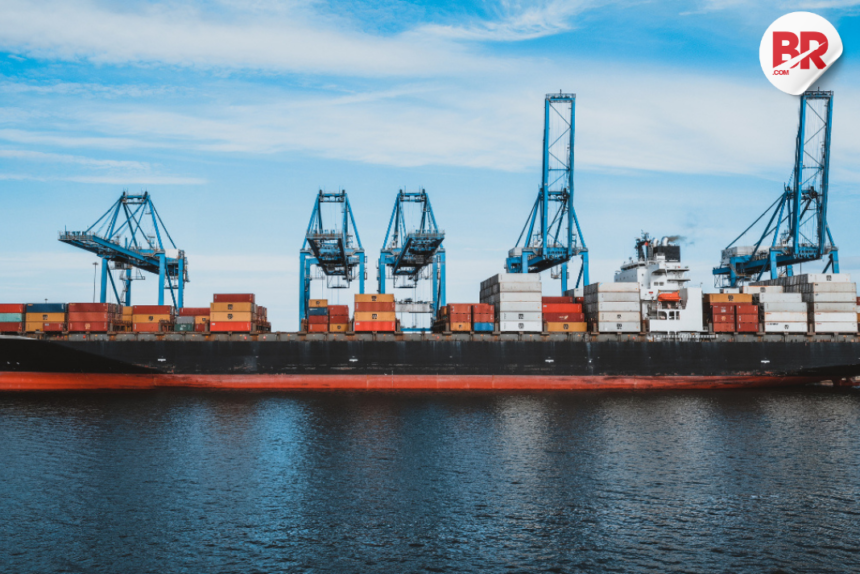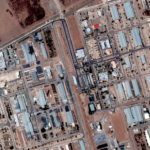
Strait of Hormuz: Will India Get Hit if Iran Shuts the Oil Gate?
It’s a tense Monday. Oil prices are up, markets are down, and Iran is angry. After a US strike on its nuclear sites, Iran is now threatening to close the Strait of Hormuz — the world’s most crucial oil route.
If that happens, India, like the rest of the world, will feel the pinch.

Why the Strait of Hormuz Matters to India
Almost half of India’s imported oil flows through the Strait of Hormuz. It’s a narrow waterway, but it carries massive global weight — 20% of all oil traded worldwide passes through it.
India doesn’t currently buy oil directly from Iran due to US sanctions. But it buys a lot from Iraq, Saudi Arabia, UAE, and Kuwait — all of which ship oil through this strait. If the route is blocked, the entire supply chain could suffer.
According to JNU’s Dr. Laxman Behera, any disruption will hit India’s oil imports from Iraq hard and affect prices across the board.
Also Read Strait of Hormuz under Pressure: Why Rising Conflict Pushes Shipping Costs Higher
Can India Handle the Heat?
Yes — but only for a while.
India has diversified its oil sources over the past few years. After the Ukraine war, India increased oil imports from Russia and the US, getting discounts thanks to Western sanctions.
Petroleum Minister Hardeep Singh Puri says India is “prepared,” and oil companies have “weeks of supplies.” But if the Strait stays shut, that backup won’t last long.
Meanwhile, talks are on to secure oil from Africa and Qatar — bypassing the Strait of Hormuz.
Fuel, Food, and Inflation
If oil prices spike, India could see a domino effect:
- Fuel costs go up
- Transport costs rise
- Food prices follow
Experts warn oil may shoot past $100 per barrel if tensions rise. That would hurt India’s economy and raise inflation — especially for everyday essentials.
Also Read Iran Calls Out ‘Gambler’ Trump, Issues Chilling Warning: ‘We Will End It’
Basmati, Bananas & Blocked Ports
India’s trade with West Asia isn’t just about oil. Iran and Israel are both key buyers.
Iran imports Indian basmati rice worth over ₹7,500 crore a year. But right now, ships are stuck at Iranian ports, and payments are frozen. Exporters say orders worth ₹3,000 crore are in limbo.
Tea exports from Assam are also paused. Traders worry more delays could hurt business in Azerbaijan and Kazakhstan too.
The Bigger Risk: Markets and Rupee
The Sensex and Nifty opened lower as war jitters shook investors. The rupee slid to ₹86.75 against the US dollar. If oil prices keep rising, the rupee could weaken further — increasing India’s import bills.
Final Word: Stay Sharp, Not Scared
India isn’t panicking — yet. It has oil in reserve, trade alternatives in play, and eyes firmly on the region. But if the Strait of Hormuz closes for real, things will escalate quickly.
In today’s global world, a waterway thousands of miles away can change how much you pay for onions tomorrow. That’s why it matters.
Also Read HPCL, BPCL, IOC Tumble as Crude Oil Prices Surge on Middle East Escalation; ONGC Gains












